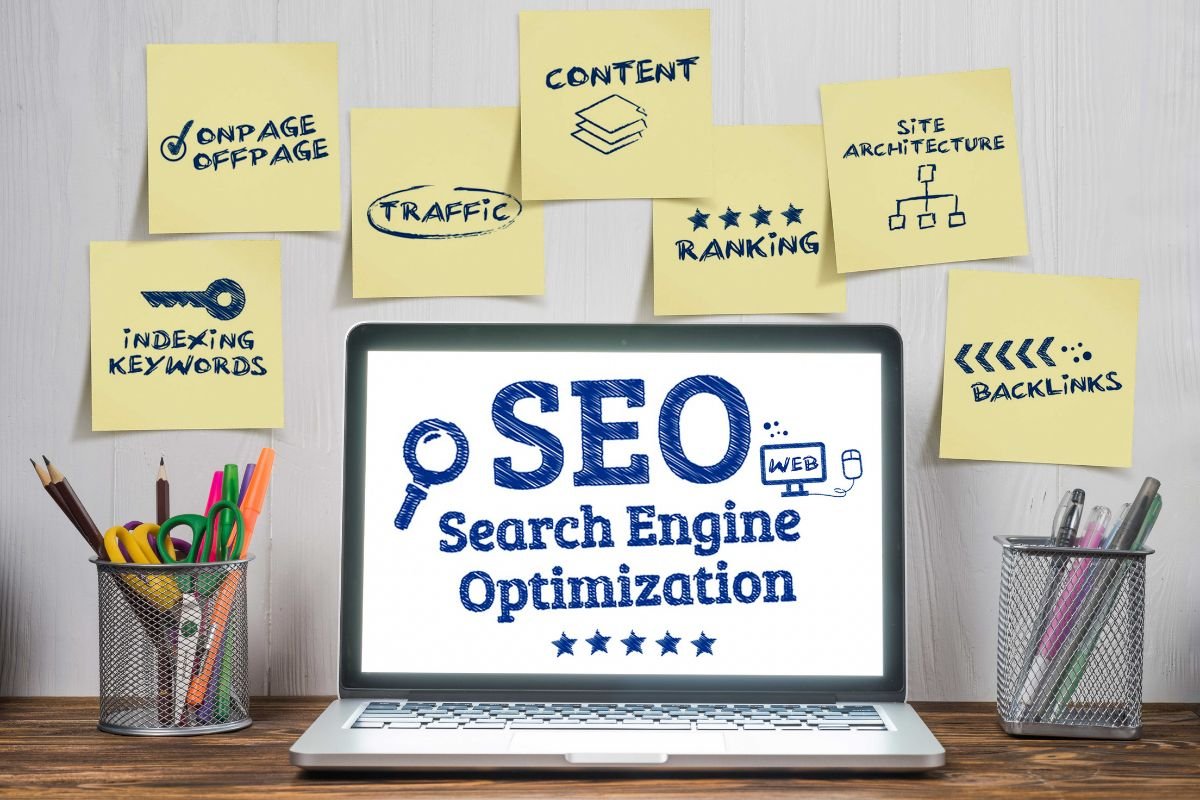In today’s fast-paced digital world, having an online presence is essential for businesses and brands alike. One of the most critical aspects of establishing and maintaining this presence is search engine optimization (SEO), which helps ensure that your website ranks higher on search engine results pages (SERPs). While many different factors contribute to SEO, on-page SEO is particularly important because it focuses on optimizing the content and HTML source code of individual web pages. In this blog post, we will explore the ten best on-page SEO practices that can significantly improve your website’s rankings and visibility.
1. Keyword Research and Optimization
Keywords are the foundation of any successful SEO campaign. To ensure that your content is easily discoverable by users, conduct thorough keyword research to identify the most relevant and popular terms related to your industry, products, or services. Once you have a list of target keywords, strategically incorporate them into your content, title tags, meta descriptions, headers, and URLs.
2. Optimize Title Tags
Title tags are an essential part of on-page SEO, as they are the first thing users see on SERPs. To optimize your title tags, include your primary keyword, keep them under 60 characters, and make them engaging and descriptive to encourage users to click on your link.
3. Write Compelling Meta Descriptions:
Meta descriptions are the short snippets of text that appear below your title on SERPs. While they don’t directly affect your rankings, well-written meta descriptions can improve your click-through rate (CTR), which can indirectly boost your SEO. Aim to create unique, informative meta descriptions that include your target keyword and accurately describe your content.
4. Use Header Tags Wisely
Properly structuring your content with header tags (H1, H2, H3, etc.) not only enhances readability but also helps search engines understand the hierarchy and context of your content. Make sure to use your target keywords in your headers, especially in the H1 tag, which should be reserved for the main title of your page.
5. Optimize Images
Images play a crucial role in enhancing user experience, but they can also impact your site’s SEO. To optimize images, use descriptive filenames and alt tags, compress them to reduce file size, and consider using a content delivery network (CDN) to improve loading times.
6. Write High-Quality, Engaging Content
Content is king when it comes to SEO. Writing informative, engaging, and unique content that answers users’ questions or solves their problems will keep visitors on your site longer, reduce bounce rates, and improve your website’s authority, ultimately boosting your SEO.
7. Use Internal and External Links
Linking to other relevant pages within your website (internal links) and to authoritative external sources (external links) can improve your on-page SEO. Internal links help search engines understand your site’s structure, while external links demonstrate that you are providing valuable, trustworthy information.
8. Optimize URL Structure
A clean, descriptive URL structure can help users and search engines understand the content of your page. Use lowercase letters, and hyphens instead of underscores, and include your target keywords in your URLs.
9. Improve Page Load Speed
Page load speed is a crucial factor in both user experience and SEO. Slow-loading pages can lead to higher bounce rates and lower rankings. To improve your site’s load speed, optimize images, minimize HTTP requests, use browser caching, and consider using a CDN.
10 Use Schema Markup
Schema markup is a form of structured data that helps search engines better understand your content, potentially resulting in rich snippets and improved rankings. Implementing schema markup can be an effective way to boost your on-page SEO and make your website stand out.
By implementing these 10 best on-page SEO practices, website owners can significantly improve their site’s search engine rankings, increase organic traffic, and ultimately, boost their online visibility. Remember, optimizing your website for search engines is an ongoing process that requires regular updates and maintenance. Stay informed about the latest SEO trends and techniques to stay ahead of the competition and ensure your website’s success.






